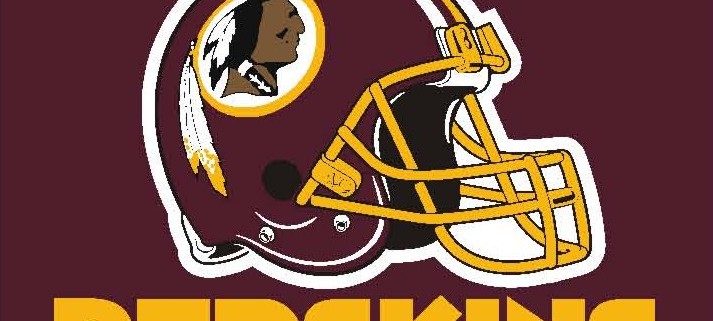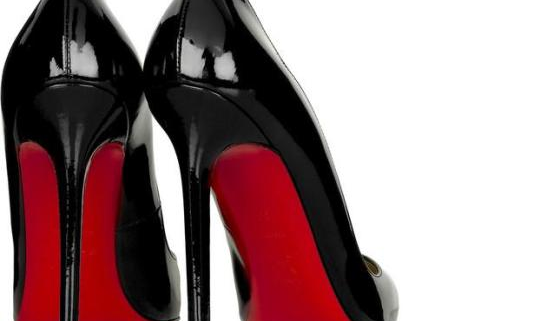Do I Need a Business Lawyer? Review how business attorneys act as legal counselors
I recently spoke with a gentlemen who is thinking about working for himself by opening up a local shop in the Hillcrest or North Park community. He was excited to share that he had just started formulating a plan on how and when to launch a discount shop and the resources required to do so. Little did he know he was talking to a business attorney until we got to talking more about his plan in depth and I mentioned, “I can help you with that.” As we continued the conversation, his face lit up with excitement in learning that he could turn to a business attorney to ask general counseling questions concerning his business. Now he had a potential resources to turn to when it came time to move forward with his business. At the end of the conversation, he mentioned, “I had no idea a lawyer can help me with that. I usually think of lawyers when lawsuits are involved.”
With that in mind, I thought I’d share how a business attorney often acts as business legal counselor. As a business attorney, I can help a new business in the following areas:
- Incorporating a company: If you’re exploring starting up your own business, we can analyze your general circumstances and plans to determine how to best start and manage your business. Risk, persons involved, financing arrangements along with other factors will determine which business entity is best for you.
- Negotiating and drafting partnership agreements: If you’re considering opening a business with a family member, friend, or colleague, you’ll be interested in retaining a solid relationship should the business go south or experience hiccups along the way. Partnership agreements are crafted for you and your partners circumstances and sets you up for success from the start.
- Negotiating a buy-sell agreement or shareholder agreement: If your business includes 2 or more owners, explore a buy-sell agreement. A buy-sell agreement outlines what happens to the business in the event 1 business owner declares bankruptcy, loses their job with the company, undergoes a divorce, dies or retires. Other circumstances are detailed and having one from the start is of great importance.
- Advising shareholders: Majority shareholders and minority shareholders will each have different rights and interests in how a business operates. Know what your rights as an owner is in your business.
- Advising executive officers and board members: Often I learn that persons take on business titles and do not know what their obligations are. Business is carried on as usual until a member becomes entangled in a business problem that develops into a legal problem. Avoid this early on by learning your obligations.
- Facilitating the sale of an interest in a business: If you’re an existing business and you want to bring on a new owner (either shareholder or LLC member) or remove an owner, the business must perform some due diligence and prepare documents before adding/removing the new owner. Simply buying them out may not do. Corresponding documentation is necessary.
- Preparing meeting minutes: Shareholders and Board Members are required to keep business meeting minutes. Knowing what to include, who signs and who receives copies is important. Most importantly, some points and not others are includes in these minutes. Learn what to include.
As a business legal counselor I have had the pleasure and honor to work with several local businesses in the San Diego area and its neighboring communities including Downtown, Mission Valley including locations in Oceanside and San Marcos. Businesses include product-based and service-based startups, small business and medium-sized organizations. If you’re in need of assistance with resolving problems concerning your business, contact me. Together we can analyze how to resolve your matters. Telephone and in-office consultations are available.



